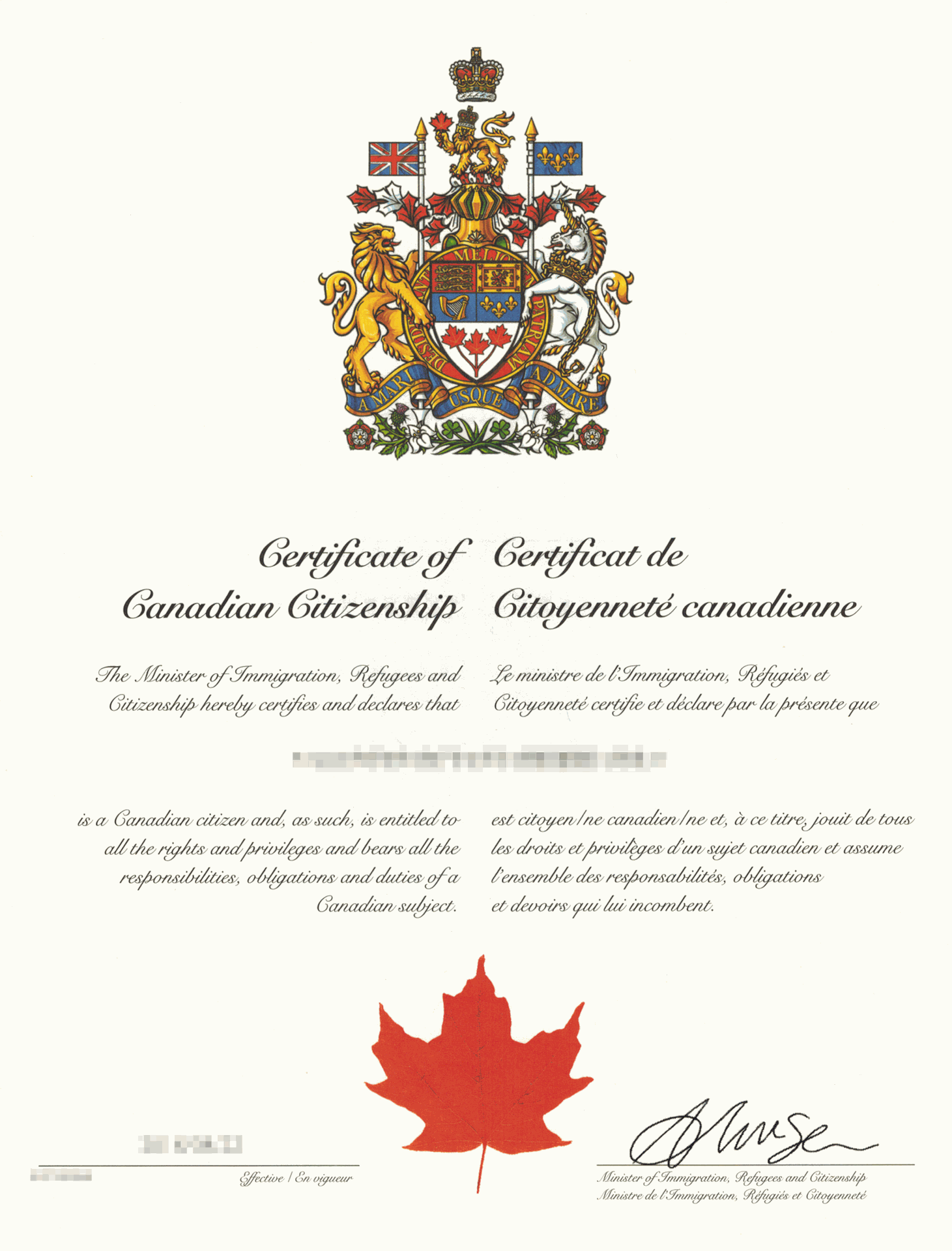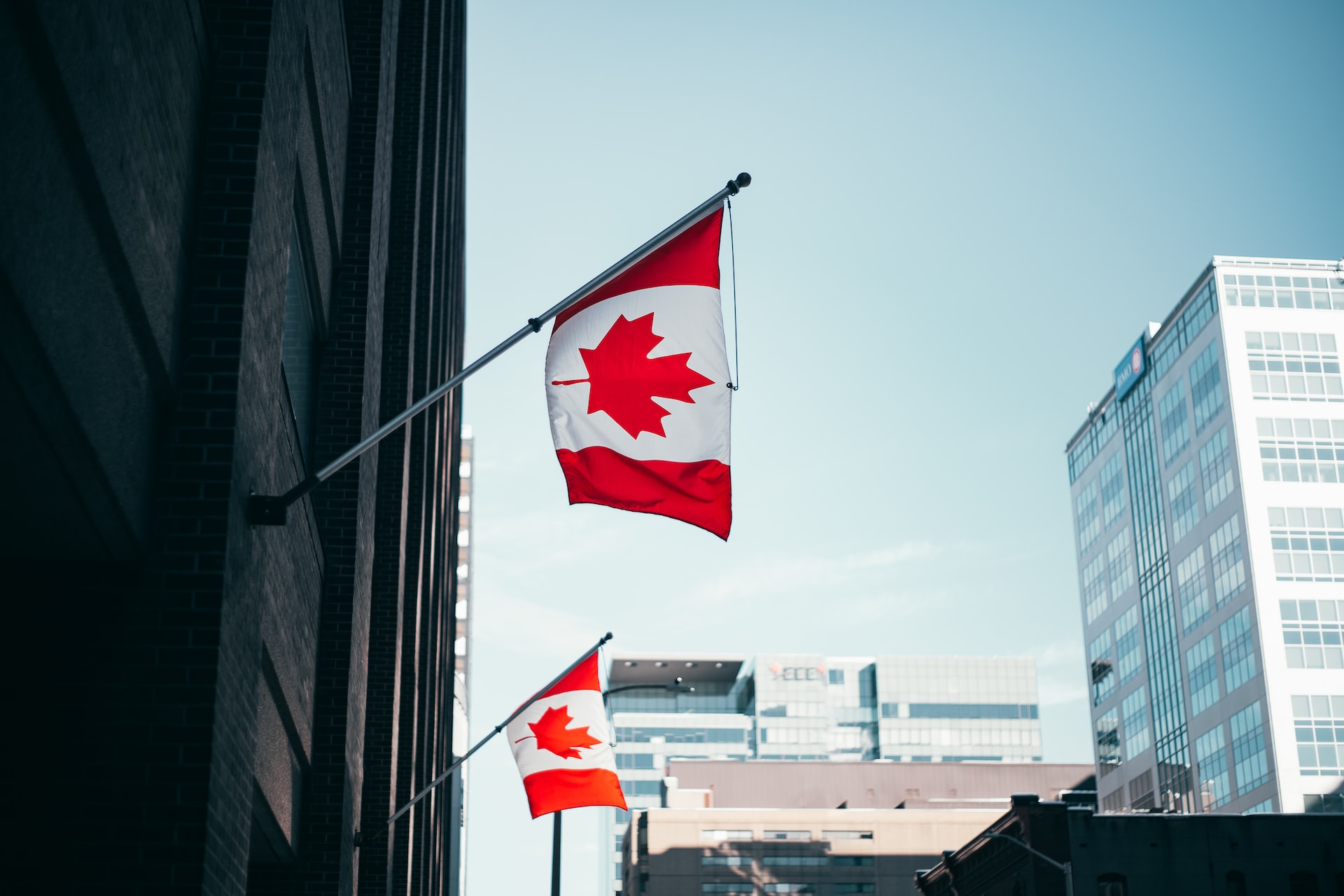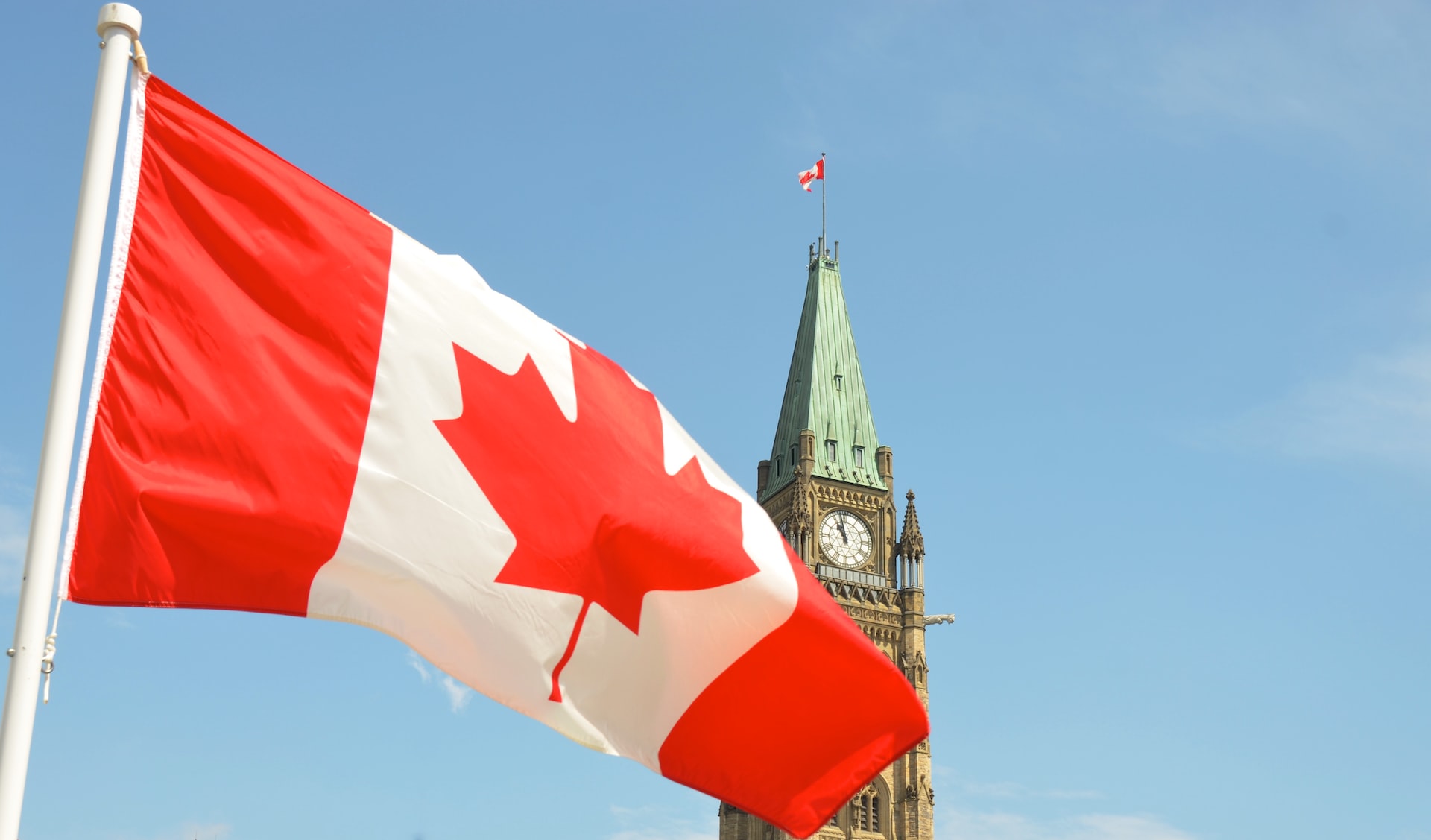Citizenship Resumption
In Canada, citizenship resumption is possible for individuals who have lost their Canadian citizenship due to various reasons, such as voluntarily renouncing it, having it revoked due to fraud or misrepresentation, or automatically losing it due to changes in citizenship laws.
The process of citizenship resumption in Canada involves submitting an application for resumption of citizenship, which can be done online or by mail. To be eligible for resumption of Canadian citizenship, you must meet the following requirements:
- You must have been a Canadian citizen previously;
- You must not have renounced Canadian citizenship in a formal ceremony;
- You must not have had your Canadian citizenship revoked by the Canadian government;
- You must meet the residency requirements to maintain citizenship, which means you must have lived in Canada for at least 1,095 days (three years) in the past five years before your application;
- You must not have been convicted of any serious criminal offences in Canada or abroad.
If you meet the eligibility requirements, you can submit an application for resumption of citizenship along with the required supporting documents and pay the application fee. The processing time for citizenship resumption applications in Canada varies and can take several months.
It is important to note that if you lost your Canadian citizenship due to voluntarily renouncing it, you will need to meet additional requirements, such as demonstrating a commitment to the values of Canadian society and providing evidence of ties to Canada. You may also be required to undergo an interview and pass a citizenship test.
Who cannot resume citizenship?
Individuals who cannot resume citizenship are the following:
- persons who have had their citizenship revoked under the Canadian Citizenship Act or under the current Act. They must apply under subsection 5(1).
- women who lost British subject status solely because of marriage to a foreign national, or by their husband acquiring a foreign nationality during their marriage, prior to 1947. These women may acquire citizenship under subsection 11(2) of the Act or may be citizens as a result of the 2015 legislative amendments (Bill C-24).
- persons whose citizenship was already restored as a result of the 2009 legislative amendments (Bill C-37), such as citizens under paragraphs 3(1)(f) of the Act. They may apply for a proof of citizenship.
A former Canadian citizen may be granted resumption of citizenship if they
- submit an application;
- are not the subject of an order made under section 10 (as it read immediately before the coming into force of section 8 of the Strengthening Canadian Citizenship Act), a decision made under section 10, a declaration made under section 10.1, or an order made under section 18 of the former Act (Canadian Citizenship Act) (i.e., the person’s citizenship was not revoked);
- are not subject to a declaration made under section 20;
- are not prohibited;
- are not under a removal order;
- have become a permanent resident within the meaning of subsection 2(1) of the Immigration and Refugee Protection Act after having ceased to be a Canadian citizen and have no unfulfilled conditions relating to their status as a permanent resident;
- have been physically present in Canada as a permanent resident for at least 365 days during the two years immediately before the date of the application; and
- meet the income tax filing requirement.
Application form
To apply for resumption of Canadian citizenship, the applicant must submit an Application to resume Canadian citizenship under subsection 11(1).
Required documents
The applicant must submit the following documents with the application:
- applicant's birth certificate or other satisfactory evidence that establishes the date and place of birth of the applicant;
- satisfactory evidence that the applicant was a citizen, such as
- a foreign birth certificate which confirms birth outside Canada to Canadian parent(s),
- a Canadian birth certificate,
- a Canadian citizenship certificate,
- a Canadian naturalization certificate,
- a registration of birth abroad certificate,
- a retention certificate;
- satisfactory evidence that the applicant ceased to be a Canadian citizen, such as a renunciation certificate or naturalization certificate from a foreign country;
- Canadian immigration records:
- Record of landing [IMM 1000],
- Confirmation of Permanent Residence [IMM 5292 or IMM 5509] and both sides of the permanent resident card, if applicable, or
- other satisfactory evidence that establishes the date on which the applicant was lawfully admitted to Canada for permanent residence after ceasing to be a citizen;
- evidence that the applicant has resided in Canada for at least one year immediately preceding the date of the application (if the application is received before June 11, 2015) or evidence that the applicant has been physically present in Canada for at least 365 days in the two years immediately before the date of the application (if the application is received on or after June 11, 2015); and
- two additional documents to establish identity.
If the applicant has submitted an application for citizenship in the past, clear and legible photocopies of the above documents are acceptable. If this is the applicant’s first application for citizenship, certified copies are required.
The applicant must also provide two identical photographs that conform to the citizenship photograph specificaiton included in the application.
The Citizenship Act requires that resumption applicants have been physically present in Canada for at least 365 days during the two years immediately before the date of the application.
The process for assessing residence/physical presence is similar to that for adult grants.
Requirement to have no unfulfilled conditions as a permanent resident
This requirement is applicable to applications in the inventory and applications received on or after June 11, 2015.
The requirement to have no unfulfilled conditions under the Immigration and Refugee Protection Act in relation to one’s permanent resident status and the process for assessing this requirement is similar to that for adult grants.
Requirement to file income taxes
This requirement is applicable only to applications received on or after June 11, 2015.
Resumption applicants are required to have met any applicable requirement under the Income Tax Act to file an income tax return in respect of the taxation year immediately before the year in which the application is made. This means that if the applicant applies to resume citizenship in 2020, they must have filed an income tax return, if required to do so under the Income Tax Act, for the 2019 taxation year in order to meet the tax filing requirement. The procedure to assess the income tax filing requirement is similar to that for adult grants.
Clearances and prohibitions
The Case Processing Centre in Sydney (CPC-S) requests immigration, security and criminal clearance checks for applications for resumption under subsection 11(1).
The applicant must not be subject to the prohibitions contained in sections 20, 21, and 22 of the Act.
Other requirements
A non-refundable processing fee must be submitted with the application. There is no right of citizenship fee.
Applicants for resumption do not need to meet language or knowledge requirements.
Overview of the process
- Applications to resume Canadian citizenship under subsection 11(1) are received at the CPC-S.
- Applications are checked for completeness, correct fee and documents.
- The CPC-S checks the information against any previous existing citizenship records.
- Immigration, criminality and security clearances are requested electronically.
- The file is forwarded to a level 2 decision maker at the CPC-S who reviews the case and determines if the applicant was previously a Canadian citizen, then ceased to be a citizen and now meets the requirements to apply for resumption. The CPC-S will also determine if the applicant is in fact already a citizen, like applicants whose citizenship was restored as a result of the 2009 legislative amendments (Bill C-37) or of the 2015 legislative amendments (Bill C-24).
- The citizenship officer (level 2 decision maker) will then make a decision as to whether the applicant meets all of the requirements for resumption.
If no concerns arise
- A citizenship officer (level 2 decision maker) at the CPC-S will grant the application and refer the file to the local office for presentation.
- The local office will schedule the ceremony.
- A day or two before the ceremony, the local office will conduct a FOSS/GCMS check (similar to adult grants).
- When the applicant arrives for their ceremony, the local office will verify the identity of the applicant.
If concerns arise
- If residence concerns arise, the CPC-S will request additional supporting evidence of residence/physical presence in Canada from the applicant using the CIT 0520 form. If the applicant does not comply with the request, abandonment procedures may be initiated. If the supporting documentation does not resolve residence/physical presence concerns, the file will be referred to the local office, where the applicant will be interviewed by a level 2 decision maker. Following the interview, if residence/physical presence concerns remain, the case will be referred to a citizenship judge.
- If it appears the applicant is prohibited or is under a removal order, the CPC-S will initiate pprocedural fairness procedures. It should be noted that if procedural fairness procedures are initiated, the applicant may request an in-person hearing with a citizenship officer. If the applicant requests an in-person hearing, the file will be referred to the local office. The CPC-S will not make a decision on the application. If the applicant does not request an in-person hearing, the application does not need to be referred to the local office.
- In cases where a case is referred to a citizenship judge for review of the residence/physical presence requirement and the citizenship officer feels the citizenship judge made an error in the determination of residence/physical presence or did not take all the evidence into account, refer to judicial review procedures.
Waivers under subsection 5(3) and discretionary grants under subsection 5(4)
A citizenship officer must forward an application to the Case Management Branch (CMB) when the applicant requests that the requirement respecting the requirement to take the Oath of Citizenship be waived under subsection 5(3) of the Act. Officers must also forward an application to the CMB when the applicant requests that citizenship be granted under the discretionary grant provisions under subsection 5(4) of the Act.
Oath of Citizenship
All adult applicants who have been granted citizenship under subsection 11(1) must take the Oath of Citizenship, unless a waiver of the Oath has been granted.
If the applicant is in Canada, the Oath will be taken before a citizenship judge (usually during a ceremony). If the applicant is outside Canada, the Oath may be administered by a foreign service officer (other than locally engaged staff).
Effective date of citizenship
The effective date of citizenship for these cases is the date the applicant takes the Oath.
If the applicant was waived from taking the Oath, the effective date of citizenship is the date citizenship was granted by the citizenship officer.
Contact us for professional help with your Citizenship resumption.